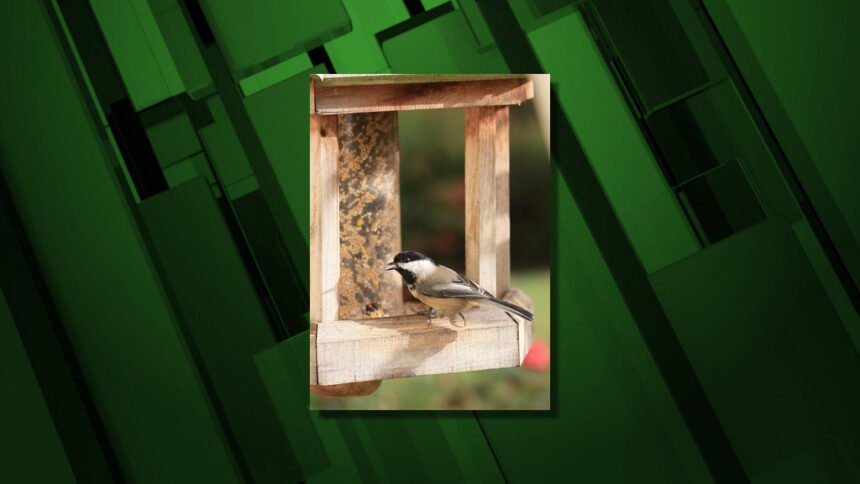ODFW urges: Keep those feeders clean, to avoid sickening birds

SALEM, Ore. (KTVZ) -- The Oregon Department of Fish and Wildlife and wildlife rehabilitators are seeing an increase in reports of sick birds at feeders.
Calls to ODFW from Oregon bird lovers seeing dead birds in their yard and around their feeder typically increase with colder weather.
When the weather turns cold, the energy demands on birds and other wildlife increase dramatically so a high energy seed meal at a bird feeder will bring in birds and congregate them, increasing the chance of disease transmission.
Salmonella, E. coli and other bacteria along with viruses, parasites and fungal diseases can be passed by congregating birds at feeders that don’t get cleaned regularly.
Pine siskins, nuthatches, chickadees and other seed-eating backyard birds are some of the most common species affected by these diseases. The birds get infected at the feeders and pass the infection on when they come into contact with feeder surfaces, perches or visit multiple feeders.
“If you enjoy seeing birds and feeding them in winter, please provide a clean and healthy environment for them,” said Dr. Colin Gillin, ODFW State Wildlife Veterinarian. “When you feed birds, be sure to start with clean feeders and to disinfect feeders periodically.”
Avoid problems at bird feeders by:
- Take down feeders and stop feeding for several weeks to a month if there are bird deaths at your feeder.
- Providing fresh seed purchased recently.
- Using feeders made from non-porous material like plastic, ceramic, and metal. These are less likely than wood to harbor bacteria and other diseases.
- Cleaning feeders, water containers and bird baths monthly by rinsing with soapy water and then dunking the feeder in a solution of one third cup of chlorine bleach per one gallon of water.
- Cleaning up old seed hulls and waste below the feeders by raking, shoveling, or sweeping material and discarding in the trash.
- Spreading your feeding over several areas or feeders as not to congregate birds in one place.
- Cleaning feeders more often (weekly) if you have large numbers of birds at your feeders.
- Visiting with your neighbors who also feed birds and sharing this information.
- Contacting ODFW (866-968-2600/ email Wildlife.Health@state.or.us) or your local Wildlife Rehabilitator if you see sick birds.